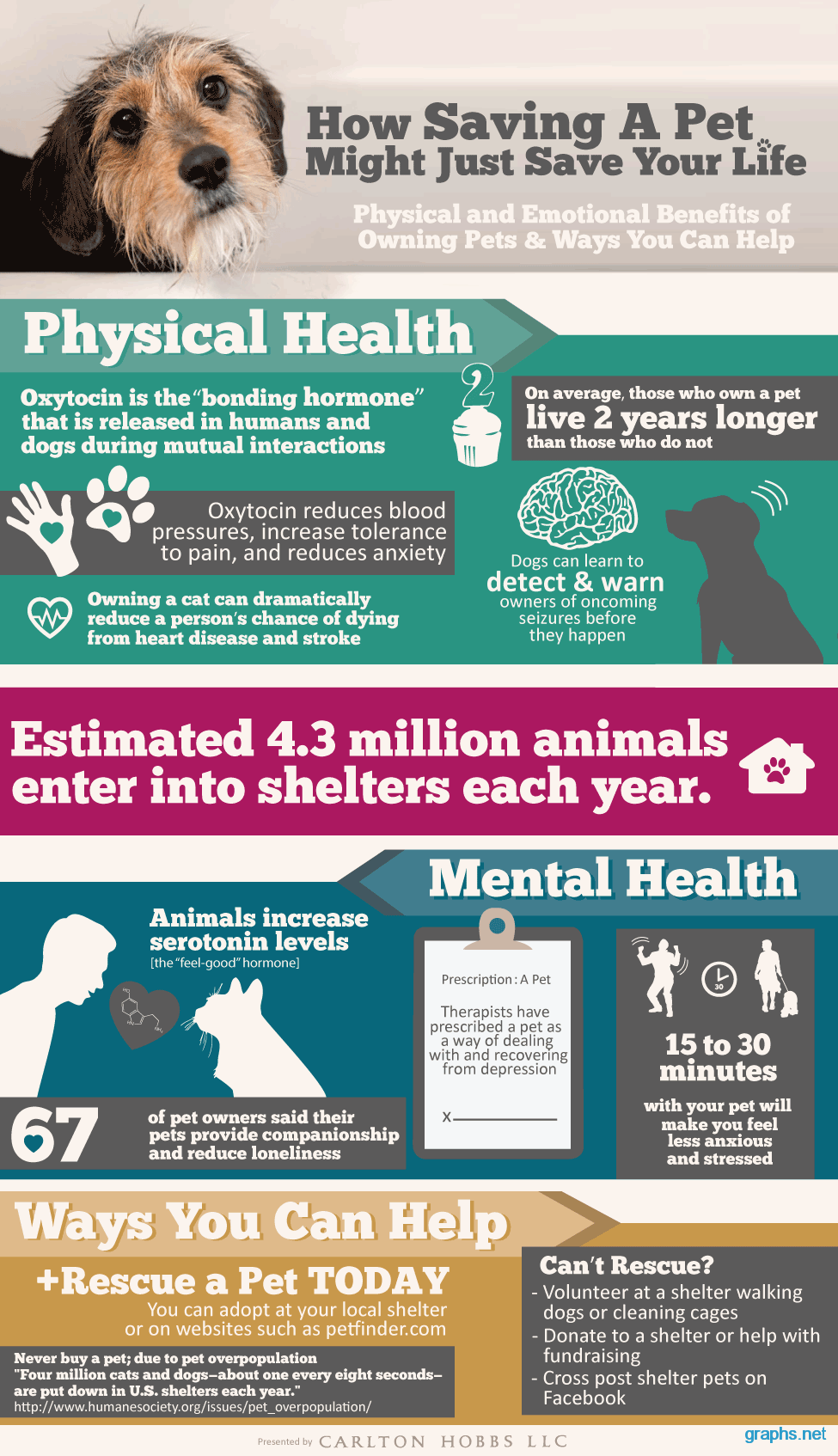Is Dog Daycare Worth The Money
Is Dog Daycare Worth The Money
Blog Article
Is Pet Day Care Stressful?
Many pet dogs love day care and are happy to be with their hair brother or sisters all the time. Nonetheless, for some dogs it can be stressful.
Look for a facility with licensed trainers and behaviorists that are on the floor in any way times, watching over the group play. This is particularly crucial for dogs who are reactive, display source securing or become antisocial or obsessive.
1. Congestion
For several dogs, day care is a favorable experience that gives physical and mental exercise to burn off pent up power. Nonetheless, the increase of brand-new dogs, smells and atmospheres can be overwhelming for some pet dogs.
Pets should be paired with other pet dogs that are comparable in dimension, age, socializing and play style to ensure safety and avoid overstimulation. Nevertheless, congestion prevails at pet childcares and can create personality clashes and bullying that result in injuries.
Ask what safety measures the facility takes to keep your puppy risk-free. For instance, exists an exterior room for pets to run away the groups? Does the center have normal breaks for your dog to relax their nerves? Ask what kind of first aid and CPR training employees have and if they're familiar with administering medication to your dog. Also, it is essential to make certain your canine's food and medicines are in an identified bag that day care team can swiftly gain access to.
2. Changes in regular
The end of summer is coming and with it comes large modifications as kids return to school and individuals go back to their job schedules. This can be demanding for your dog. They'll miss out on all the walking and playtime you do together and may start to really feel bored. Their actions may alter too, such as extreme barking or devastating habits.
Canines love routine, so an unexpected shift in their day-to-day regimen can create them stress and anxiety. Make certain to plan in advance and slowly alter your feeding and stroll times in the weeks leading up to back-to-school. This will assist your canine adapt to their brand-new timetable and lower any kind of undesirable habits.
Day care is a superb way for canines to obtain lots of physical and psychological workout, specifically if they are young or energised. They additionally obtain socializing experiences that will develop confidence and good behaviors, which can help them cope with the anxiety they might experience from things like trips to the veterinarian, sees to your home or office and various other demanding events.
3. Separation stress and anxiety
The drop off and grab procedure can be a little bit difficult for pet dogs, specifically when it's the very first time. Lots of dog daycares offer a consistent everyday routine, and gradually this aids animals feel comfy and secure while they're far from their proprietors.
Structured playtime, structured rest periods and routine treat times all help pet dogs establish a sense of knowledge and predictability. This, combined with positive support, helps alleviate splitting up anxiety symptoms.
Socializing likewise maintains pet dogs literally and emotionally busy, which can make them less reactive to stressors when they're home. This, along with positive support, aids to decrease anxiousness and increase self-confidence.
4. Not being watched play
Canines that are not mingled regularly can end up being anti-social-- this is commonly viewed as dog aggression. This can occur also in a well-managed childcare setting, so be sure to view the pet dogs carefully. Search for a ratio of 11 or much less pets to flooring people. Staff ought to be playing and engaging with the pets, not resting at their workdesks or staring at their phones.
The facility should have a peaceful area where the pet dogs dog boarding training near me can loosen up and reenergize between play sessions. This is especially essential for high-energy types that require to burn added power or low-energy older pets.
Ask the team what they do to maintain the dogs soothe. They must make use of favorable support (appreciation, stroking, play) and never ever make use of physical punishment or aversives. They should also be trained in pet first aid and mouth-to-mouth resuscitation. Lastly, the facility should have a reliable method for feeding times to stop food aggressiveness.